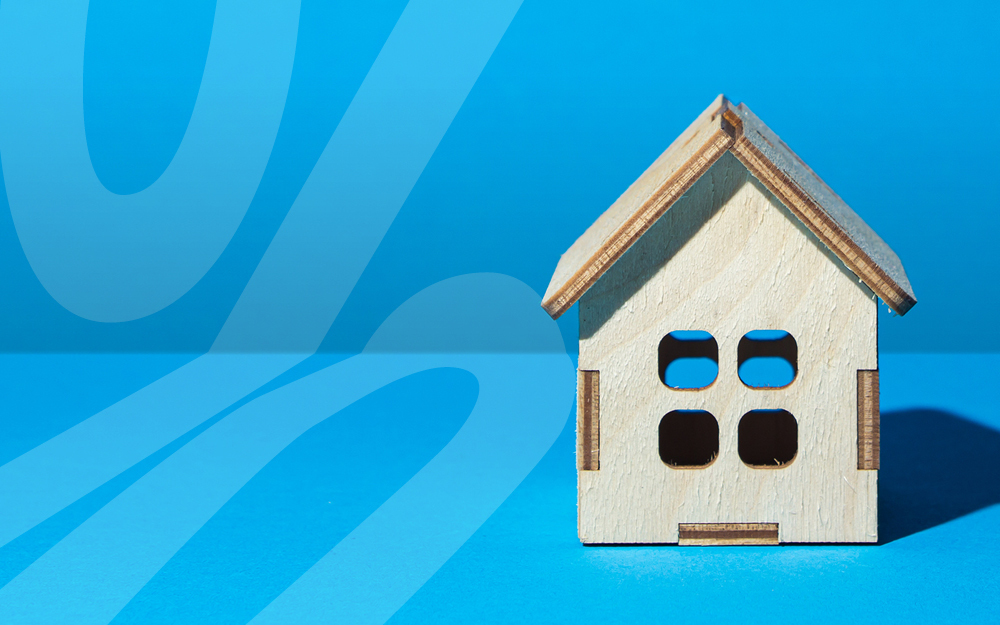The cash rate – and how it impacts your home loan

About the author
Jane Slack-Smith has been named one of the Top 10 Property Experts in Australia by Money Magazine, one of the Top 4 Financial Influencers by Qantas and been awarded the Australia’s Mortgage Broker of the Year twice.

Even though we hear about the cash rate a lot in the news, there is often some confusion as to what it actually means. It’s important to understand what the cash rate is and then how its fluctuations can impact you.
What is the cash rate?
The cash rate, set by the Reserve Bank of Australia (RBA), is the interest rate banks pay to borrow funds from each other. The RBA uses the rate as a tool to maintain the strength of the Australian economy – increasing, decreasing, or maintaining the cash rate to influence Australia’s monetary policy.
The cash rate increasing reflects the need to tighten the policy; if it decreases, this means an easing of the policy.
On the first Tuesday of every month (except for January), the Reserve Bank Board meet to review the cash rate and release a statement that afternoon outlining any changes. The cash rate can go unchanged for periods of time, as was the case recently, with the increase announced in May 2022 being the first change in over a year.
How is it set?
As you can imagine, a lot of factors go into deciding whether to move the cash rate. Inflation plays a big part in decision making, the board has a medium-term inflation target of between 2-3%, and when inflation is considered too high, the RBA might decide to raise the cash rate so Australians maintain our buying power.
Australia’s economic growth is another major factor. If it’s slowing down, as it did when COVID-19 reached our shores, lowering the cash rate can encourage spending and borrowing, stimulating the economy. Then there is also the international economy that can influence the decisions, because if there is strong international economic growth, this can boost demand for Aussie products.
Unemployment is another aspect they need to consider, as this reflects how well the economy is performing. Lower interest rates stimulate the economy through spending and investing, the RBA might choose to lower the rate when unemployment is high with the aim of creating new jobs.
The impact of fluctuations
Whether you are currently saving up to buy or already have a mortgage, the cash rate will likely impact your financial situation as it often directly relates to interest rates.
When interest rates fall, you can be in a better position to buy or pay off your mortgage. If you are on a variable rate loan, you can take advantage of the savings you will make. On the other hand, if you are on a fixed rate, you’ll be less impacted by the rise in interest rates.
However, you may be buffered by your lender, as banks are not required to pass on cuts to their customers in full.
It’s also worth being aware of the cash rate and its impact on the housing market. With lower interest rates, borrowing costs are lower which can increase competition to buy property, which in turn can drive up property prices. Depending on your position as a buyer or seller, this may work in your advantage or stall your plans.
A rising cash rate tends to put the brakes on the housing market as borrowing costs increase with interest rates. While this is bad news for mortgage holders, it’s good news for savers as you can expect better returns, so if you’re in the position to do so, upping your savings targets is a wise idea.
The RBA’s statements on the cash rate are available on their website if you’re interested in following the trends and getting the latest updates.
For tailored advice as to what the changes mean for you and your financial goals, get in touch with us today.





